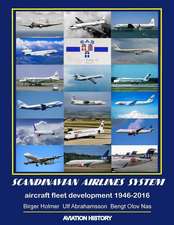Advanced Approaches in Turbulence: Theory, Modeling, Simulation, and Data Analysis for Turbulent Flows
Editat de Paul Durbinen Limba Engleză Paperback – 30 iul 2021
Turbulence modeling is very extensive and continuously updated with new achievements and improvements of the models. Modern advances in computer speed offer the potential for elaborate numerical analysis of turbulent fluid flow while advances in instrumentation are creating large amounts of data. This book covers these topics in great detail.
- Covers the fundamentals of turbulence updated with recent developments
- Focuses on hybrid methods such as DES and wall-modeled LES
- Gives an updated treatment of numerical simulation and data analysis
Preț: 1000.69 lei
Preț vechi: 1295.23 lei
-23% Nou
Puncte Express: 1501
Preț estimativ în valută:
191.47€ • 199.94$ • 158.12£
191.47€ • 199.94$ • 158.12£
Carte tipărită la comandă
Livrare economică 08-22 aprilie
Preluare comenzi: 021 569.72.76
Specificații
ISBN-13: 9780128207741
ISBN-10: 0128207744
Pagini: 552
Ilustrații: 300 illustrations (150 in full color)
Dimensiuni: 152 x 229 x 33 mm
Greutate: 0.73 kg
Editura: ELSEVIER SCIENCE
ISBN-10: 0128207744
Pagini: 552
Ilustrații: 300 illustrations (150 in full color)
Dimensiuni: 152 x 229 x 33 mm
Greutate: 0.73 kg
Editura: ELSEVIER SCIENCE
Public țintă
Engineers, designers, software developers, professors, senior undergraduate students and graduate students in aerospace, mechanical, automotive companies and engineering departments.Applied math departments, applied physics departments
Cuprins
1. Basics of turbulence
2. Direct numerical and large–eddy simulation of complex turbulent flows
3. Large-eddy simulations
4. Hybrid RANS-LES Methods
5. Closuremodeling
6. Data-driven and operator-based tools for the analysis of turbulent flows
7. Multiphase turbulence
8. Transition to turbulence
9. Turbulence in compressible flows
10. Turbulence in stably stratified fluids
2. Direct numerical and large–eddy simulation of complex turbulent flows
3. Large-eddy simulations
4. Hybrid RANS-LES Methods
5. Closuremodeling
6. Data-driven and operator-based tools for the analysis of turbulent flows
7. Multiphase turbulence
8. Transition to turbulence
9. Turbulence in compressible flows
10. Turbulence in stably stratified fluids
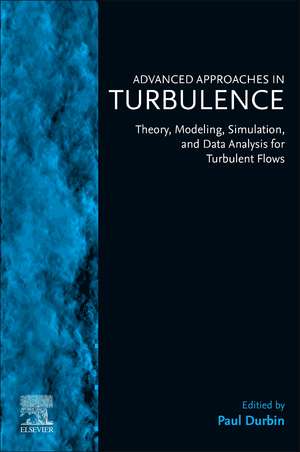
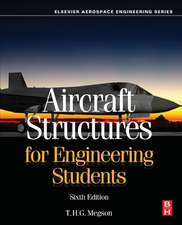
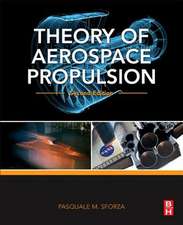
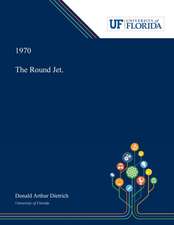




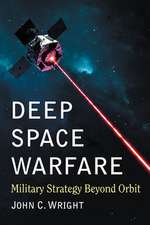


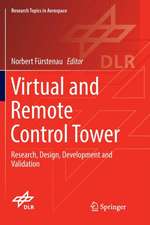

![OFFIZIELL GELEUGNET! [Das Buch zur Netflix-Sensation UNACKNOWLEDGED]](https://i3.books-express.ro/bt/9783954473632/offiziell-geleugnet-das-buch-zur-netflix-sensation-unacknowledged.jpg)


